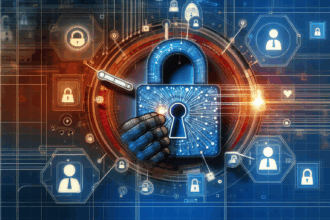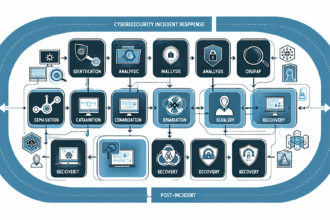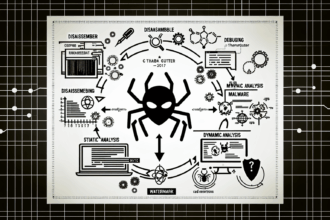In today’s digital age, online privacy and security have become essential for internet users. Whether you’re browsing websites, shopping online, or using public Wi-Fi, your data can be exposed to hackers, trackers, and even your ISP. This is where a VPN (Virtual Private Network) service becomes a valuable tool.
What is a VPN Service?
A VPN (Virtual Private Network) is a service that encrypts your internet connection and routes your online traffic through a secure server. This process hides your real IP address and protects your data from being monitored, ensuring privacy and anonymity while browsing the web.
In simple words, a VPN creates a secure tunnel between your device and the internet, making it difficult for anyone to spy on your activities or steal your personal information.
How Does a VPN Work?
Here’s a simplified explanation of how a VPN works:
-
You connect to a VPN server provided by your VPN service.
-
The VPN encrypts your data, making it unreadable to third parties.
-
Your internet traffic is routed through the VPN server.
-
Websites and services see the VPN server’s IP address instead of yours.
-
Your real location and online activities remain private.
Benefits of Using a VPN Service
✔ Enhanced Online Privacy: Keeps your browsing habits hidden from ISPs, hackers, and trackers.
✔ Secure Public Wi-Fi Usage: Protects your data from cyber threats when using public Wi-Fi networks.
✔ Access Restricted Content: Allows you to bypass geo-blocks and access websites, streaming services, and apps not available in your region.
✔ Data Encryption: Ensures your sensitive information like passwords, bank details, and personal messages are secure.
✔ Bypass Censorship: Helps users in restrictive countries access the free internet without surveillance.
When Should You Use a VPN?
-
While using public Wi-Fi (cafes, airports, hotels).
-
For secure remote work and business communication.
-
To access region-restricted streaming content (Netflix, Hulu, BBC iPlayer).
-
When you want to browse anonymously.
-
For protecting sensitive online transactions.
Limitations of VPN Services
While VPNs are powerful, they are not a complete solution for online security. They do not protect against malware, phishing attacks, or viruses. For full protection, VPNs should be used along with antivirus software and safe browsing practices.
Conclusion
A VPN service is a must-have tool for anyone concerned about their online privacy, security, and unrestricted internet access. Whether you’re a casual browser, a remote worker, or a digital nomad, using a VPN ensures that your data stays safe and your identity remains private.
Always choose a reputable VPN provider with a strict no-logs policy, fast servers, and strong encryption standards for the best protection.






